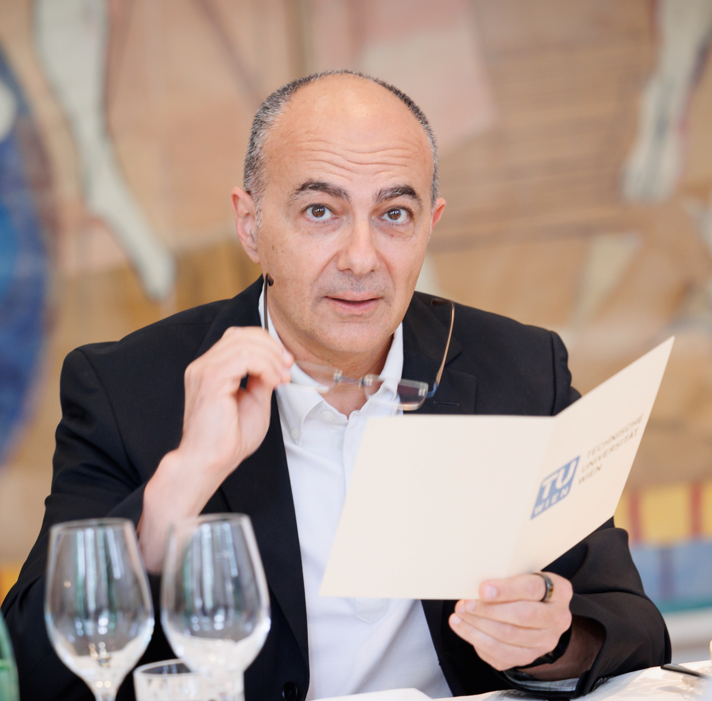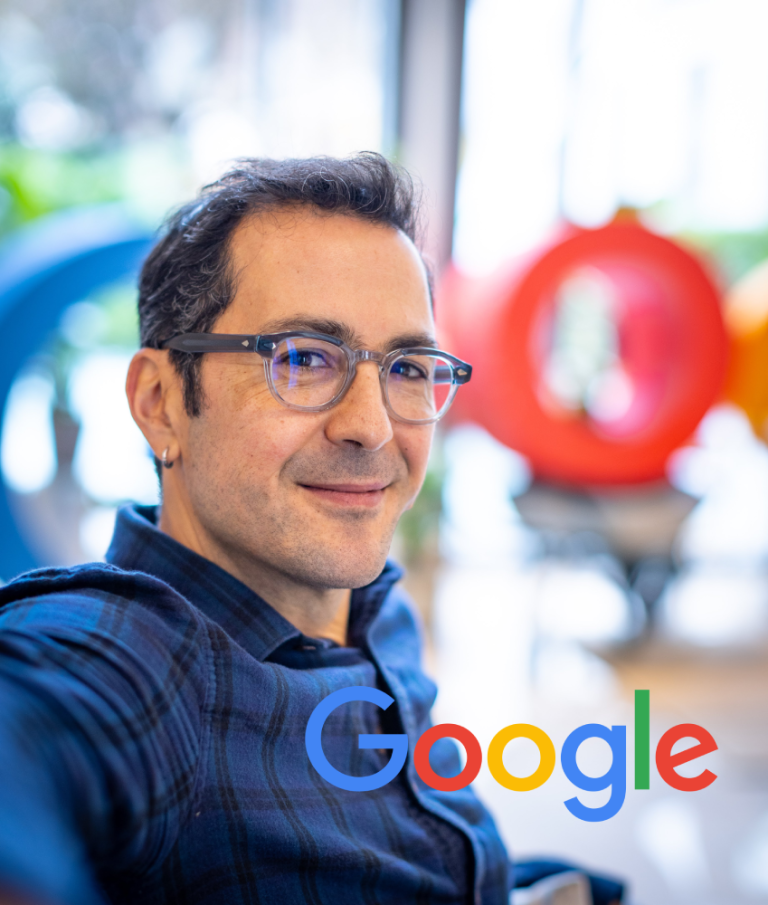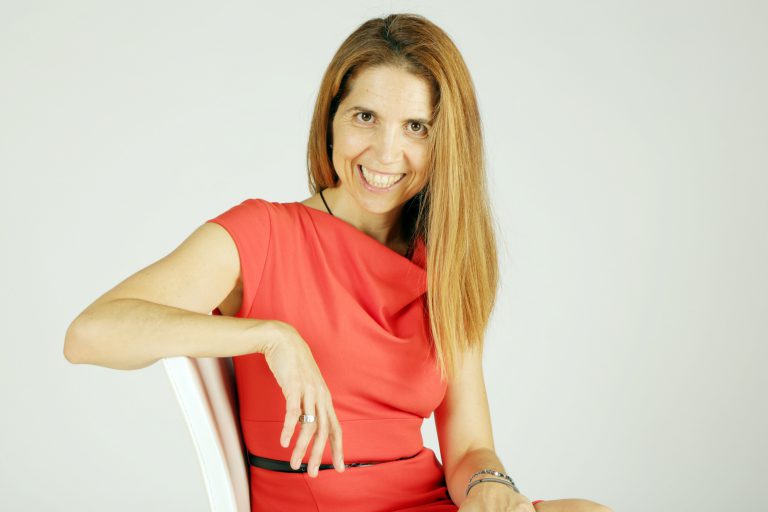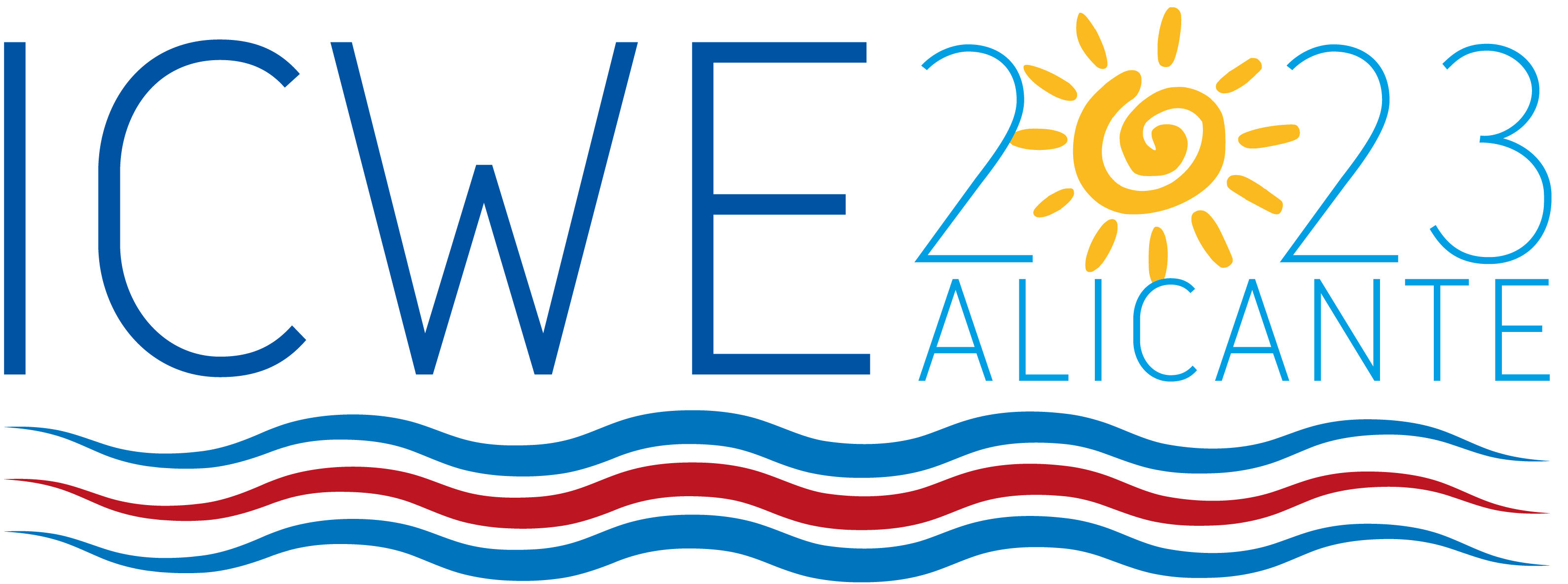Research Opportunities for Edge Intelligence in Distributed Computing Continuum Ecosystems
Speaker: Prof. Dr. Schahram Dustdar

Abstract: Modern distributed systems also deal with uncertain scenarios, where environments, infrastructures, and applications are widely diverse. In the scope of IoT-Edge-Fog-Cloud computing, leveraging these neuroscience-inspired principles and mechanisms could aid in building more flexible solutions able to generalize over different environments.A captivating set of hypotheses from the field of neuroscience suggests that human and animal brain mechanisms result from few powerful principles. If proved to be accurate, these assumptions could open a deep understanding of the way humans and animals manage to cope with the unpredictability of events and imagination
Bio: Schahram Dustdar is a Full Professor of Computer Science at the TU Wien, heading the Research Division of Distributed Systems, Austria. He holds several honorary positions: University of California (USC) Los Angeles; Monash University in Melbourne, Shanghai University, Macquarie University in Sydney, University Pompeu Fabra, Barcelona, Spain. From Dec 2016 until Jan 2017 he was a Visiting Professor at the University of Sevilla, Spain and from January until June 2017 he was a Visiting Professor at UC Berkeley, USA.
From 1999 – 2007 he worked as the co founder and chief scientist of Caramba Labs Software AG in Vienna (acquired by ProjectNetWorld AG), a venture capital co-funded software company focused on software for collaborative processes in teams. He is co-founder of edorer.com (an EdTech company based in the US) and co founder and chief scientist of Sinoaus.net, a Nanjing, China based R&D organization focusing on IoT and Edge Intelligence.
He is founding co-Editor-in-Chief of ACM Transactions on Internet of Things (ACM TIoT) as well as Editor-in-Chief of Computing (Springer). He is an Associate Editor of IEEE Transactions on Services Computing, IEEE Transactions on Cloud Computing, ACM Computing Surveys, ACM Transactions on the Web, and ACM Transactions on Internet Technology, as well as on the editorial board of IEEE Internet Computing and IEEE Computer. Dustdar is recipient of multiple awards: IEEE TCSVC Outstanding Leadership Award (2018), IEEE TCSC Award for Excellence in Scalable Computing (2019), ACM Distinguished Scientist (2009), ACM Distinguished Speaker (2021), IBM Faculty Award (2012). He is an elected member of the Academia Europaea: The Academy of Europe, as well as an IEEE Fellow(2016) and an Asia-Pacific Artificial Intelligence Association (AAIA) Fellow (2021) and the AAIA president (2201).
Towards an Ecosystem of FAIR Datasets on the Web
Speaker: Omar Benjelloun

Abstract: Datasets play a crucial role in today’s Web applications, especially those applications that rely on Machine Learning and AI. Creating a thriving ecosystem of datasets on the Web requires a change of mindset: dataset publication and use should not be afterthoughts, but rather should be considered an integral part of the research and development process, be it in academic or industrial settings. In this talk, we will describe what it took to create Google Dataset Search, the largest searchable corpus of datasets on the Web, and what is required to make datasets truly Findable, Accessible, Interoperable and Reusable (FAIR).
Bio: Omar Benjelloun is a software engineer at Google, where he has worked on data-focused products (Google Public Data Explorer, Google Dataset Search) and Search features (e.g., media reviews, public statistics answers, related entities) for over a decade and a half. Prior to joining Google, he got a PhD in Databases from INRIA / University of Paris Orsay, and spent two years as a postdoc in the Database group at Stanford University.
Artificial Intelligence, Beauty and Art
Speaker: Nuria Oliver

Abstract:
The broad adoption and use of social media platforms by billions of users poses significant ethical and societal challenges, including the need to develop an inclusive environment, respecting the diversity of its users. Thus, it is of paramount importance to ensure that the enabling technologies in these platforms do not create, replicate or even exacerbate patterns of discrimination and disadvantage towards specific groups of users: fairness and diversity should be at the foundation of its development. In my talk, I will describe ongoing work regarding two of such technologies.
First, digital beauty filters which leverage Computer Vision and Augmented Reality methods to apply a set of transformations to the face in real-time to beautify their users. Despite the popularity and relevance of these filters in the selfies culture, there is little research on their characteristics and potential biases. In my talk, I will focus on diversity in self-representation in social media by means of beauty filters. I will share recent work on the impact that selfie beautification algorithms have on diversity and the implicit racial biases that might be present in such filters. I will highlight the importance of coupling the proposal of novel technical contributions for social media with a comprehensive, multidisciplinary study of their societal implications.
Second, content moderation algorithms on social media. Such algorithms tend to censor artistic pieces that display nudity, acting as inhibitors of human creativity. In this context, I will share our research agenda to tackle this challenge from a cultural and gender perspective and will present the latest results on our work.
This is work led by ELLIS PhD student Piera Riccio.
References
Racial Bias in the Beautyverse
P Riccio, N Oliver, ECCV 2022, workshop on CV4Metaverse
OpenFilter: A Framework to Democratize Research Access to Social Media AR Filters
P Riccio, B Psomas, F Galati, F Escolano, T Hofmann, NM Oliver, NeurIPS 2022, Datasets and Benchmarks track
Riccio, P., Oliver, J. L., Escolano, F., & Oliver, N. (2022). Algorithmic Censorship of Art: A Proposed Research Agenda. 13th International Conference on Computational Creativity
Bio:
Dr. Nuria Oliver is co-founder and Director of the “Institute of Humanity-centric AI (Alicante ELLIS Unit); Chief Data Scientist at Data-Pop Alliance, Chief Scientific Advisor at the Vodafone Institute and co-founder and vicepresident of ELLIS (The European Laboratory for Learning and Intelligent Systems). She is a Telecommunications Engineer from the UPM and holds a PhD in Artificial Intelligence from the Massachusetts Institute of Technology (MIT).
She has over 25 years of research experience in the areas of human behavior modeling and prediction from data and human-computer interaction. She has been a researcher at Microsoft Research (Redmond, WA), the first female Scientific Director at Telefonica R&D for over 8 years and the first Director of Research in Data Science at Vodafone globally (2017-2019). Between March 2020 and April 2022 she served as Commissioner for the President of the Valencian Region on AI Strategy and Data Science to fight COVID-19. As an advisor, Dr. Oliver has been/is an advisor to several governments and the European Commission on issues related to Artificial Intelligence. She has been a member of a Global Future Council at the World Economic Forum and is a member of the Theme Advisory Group at the European Central Bank to propose the theme of the new euro banknotes. She is a member of the board of trustees of TTIC, a president of the board of trustees at UNED and has been a member of the board of Bankia.
Her work in the computational modeling of human behavior using Artificial Intelligence techniques, human-computer interaction, mobile computing and Big Data analysis – especially for the Social Good is well known with over 160 scientific publications that have received more than 23000 citations and a 11 best paper award nominations and awards. She is co-inventor of over 40 filed patents and she is a regular keynote speaker at international conferences.
Dr. Oliver’s work has been recognized internationally with numerous awards. She is the first Spanish scientist to receive the MIT TR100 (today TR35) Young Innovator Award (2004) and the Rising Talent award by the Women’s Forum for the Economy and Society (2009). She has been awarded Data Scientist of the Year in Europe (2019), Engineer of the Year Award by the COIT (2018), the Medal for Business and Social Merit by the Valencian Government (2018), the European Digital Woman of the Year award (2016), the Spanish National Computer Science Angela Robles Award (2016), the Abie Technology Leadership Award (2021) and the King James I Award on New Technologies (2021). She has been named a ChangeMaker by Forbes magainze (2023), one of the top 11 Artificial Intelligence influencers worldwide by Pioneering Minds (2017). Nuria is the only Spanish researcher recognized by the ACM as Distinguished Scientist (2015) and Fellow (2017) at the same time. She is also a Fellow of the IEEE (2017) and the European Association for Artificial Intelligence (2016).
Dr. Oliver firmly believes in the value of technology to improve the quality of people, both individually and collectively, and dedicates her professional life to achieving it. She is also passionate about scientific outreach. Hence, she regularly collaborates with the media (press, radio, TV) and gives non-technical talks about science and technology to broad audiences, and particularly to teenagers, with a special interest on girls. Her talks on WIRED, TEDx and similar events have been viewed thousands of times.
Twitter: @nuriaoliver
